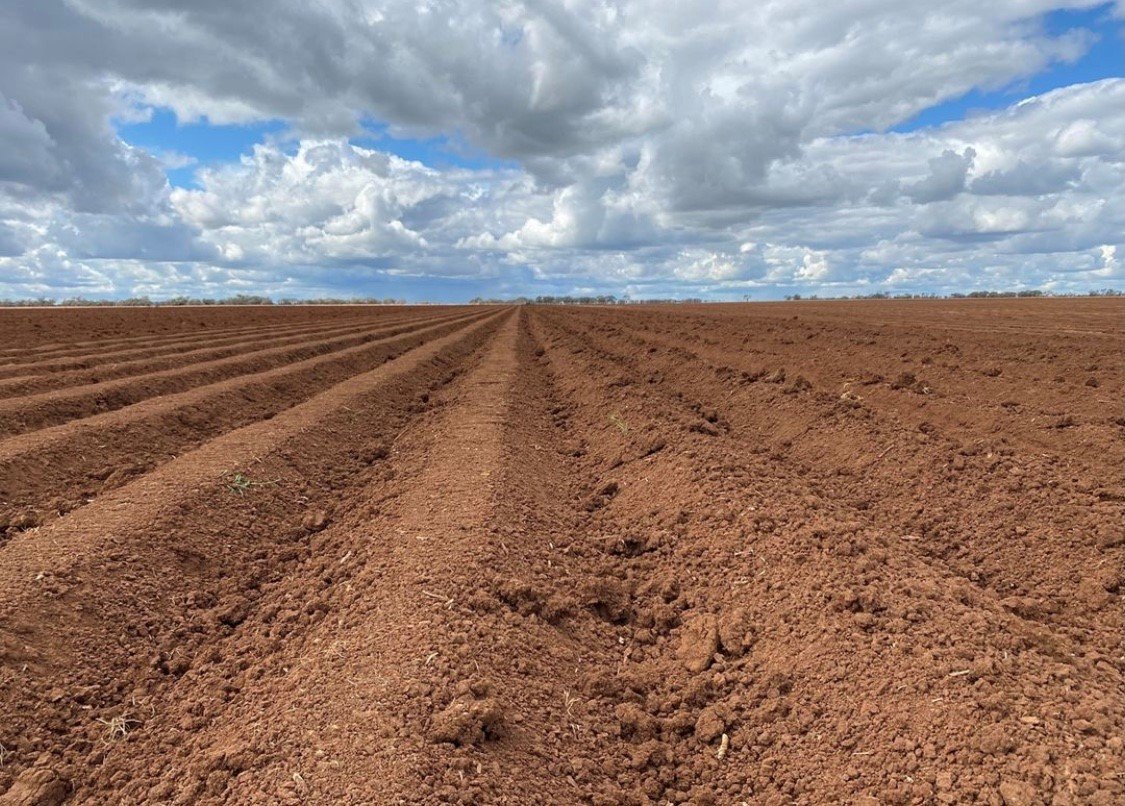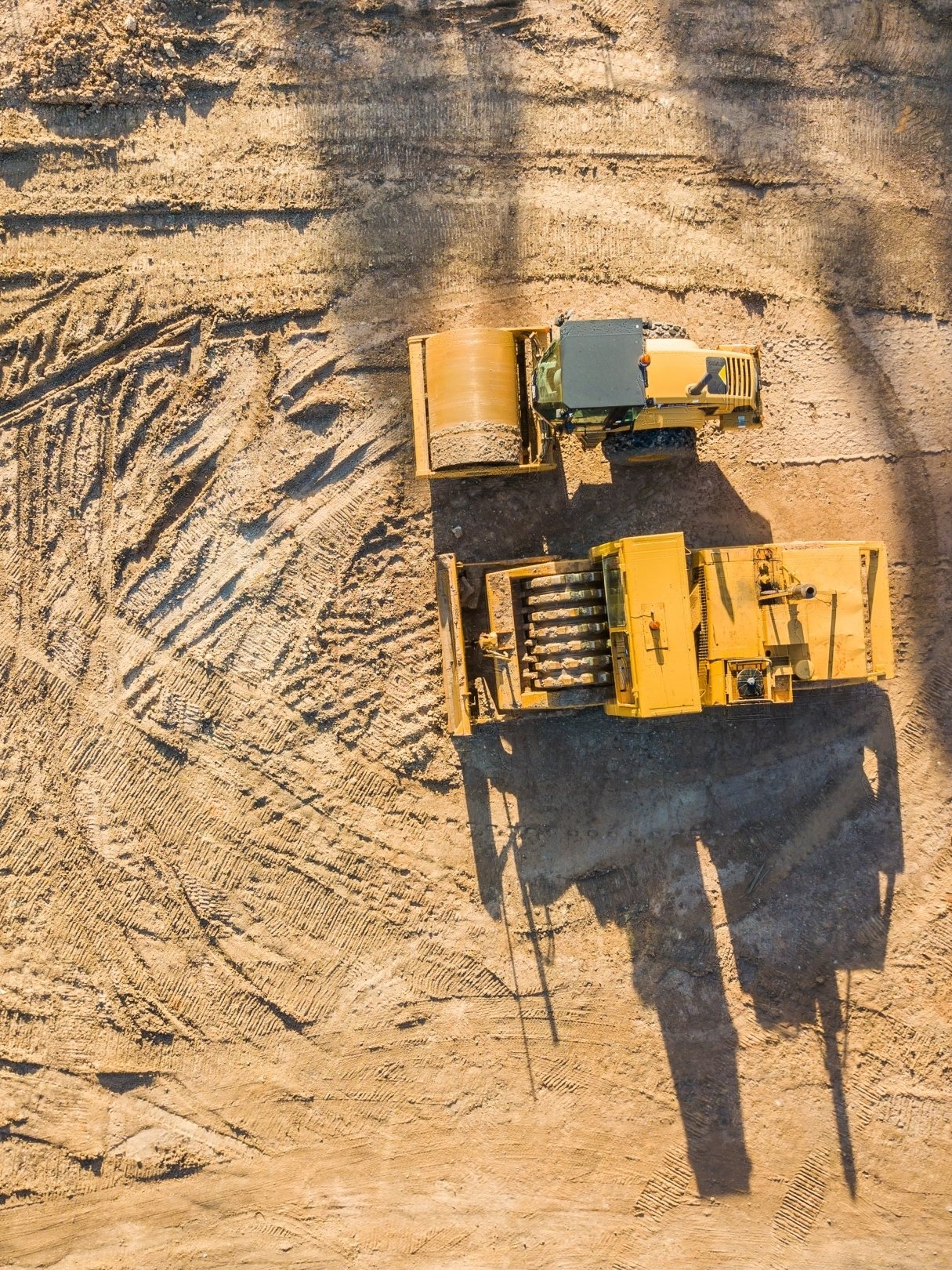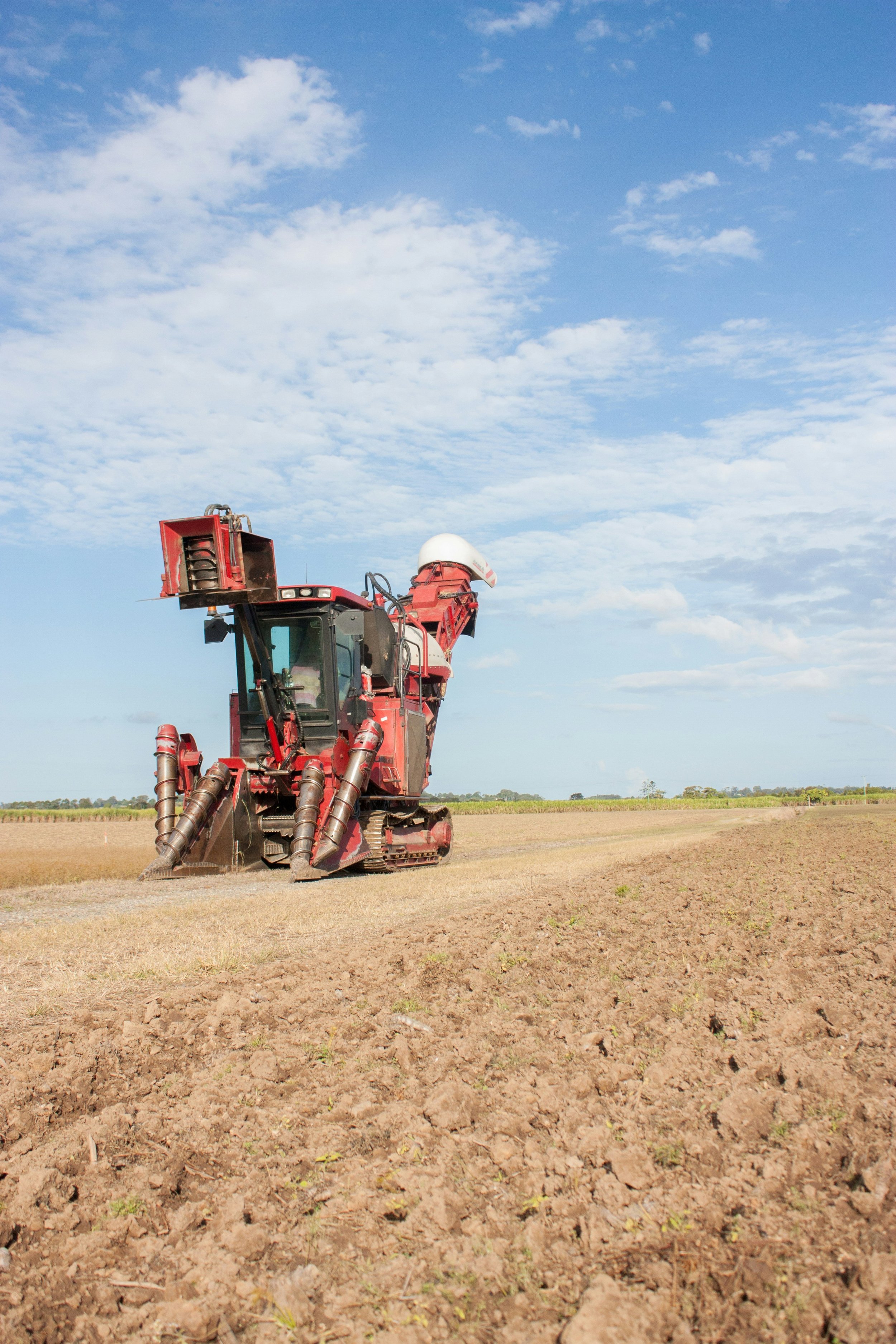
Retirement Planning Is Like Planting a Tree Don’t Wait Until You Need the Shade
If you’re approaching retirement and haven’t mapped out your financial future, you’re not alone—but you are cutting it fine. Here’s why planning years (or even decades) in advance is the key to a stress-free retirement.

Why Are There More Bad Succession Planning Stories Than Good Ones in Australia?
Succession planning horror stories far outweigh the success stories in Australia—especially in farming and commercial businesses. Why? Because too many owners put it off, avoid tough conversations, or assume a simple handover will work. The reality is, succession is complex, and failing to plan properly leads to financial, legal, and emotional chaos.
From family disputes and tax headaches to leadership gaps and unexpected disruptions, there’s no one-size-fits-all solution. Many businesses also don’t think outside the box—why does succession have to mean a full handover? An employee could step in, partial ownership could be transferred, or a staged buyout could ease the transition.
A great succession plan isn’t built in a day. It takes time, strategy, and professional guidance.

Smart Tax Strategies: Building Wealth vs. Spending for Deductions
Spending money just to reduce tax can hold your business back from real wealth creation. Instead of focusing solely on deductions, consider how your profits can work for you—whether that’s through paying down debt, contributing to super, or making strategic investments. Profit is what allows you to grow your business and assets, and yes, that means paying some tax. But with smart tax planning, you can strike the right balance between minimising tax and maximising long-term financial growth.

Your Future, Your Super – Make It Work as Hard as You Do
As a business owner, you're constantly making financial decisions—but when was the last time you checked on your super? Unlike employees, no one is automatically contributing for you, and relying solely on your business or farm for retirement is a risk.

Early Thoughts on Succession Planning for Regional Businesses
When it comes to running a regional business—whether it’s a family farm, trucking company, or small-town operation—the hard work and dedication that goes into it is irreplaceable. But what happens when it’s time to step back or hand over the reins?

New Criminal Underpayment Laws: What You Need to Know
By understanding and acting on these changes, you can protect your business while ensuring fair treatment of employees.

Tax deduction for repairs to an investment property
The ATO has identified several mistakes it commonly sees in tax returns which are made by people who own rental properties. One of those mistakes is claiming a deduction for repairs of a property when an outright deduction should not have been claimed.

Be prepared for minimum yearly repayments on your Company Div 7A Loans
If you have a private company and it has made a loan to a shareholder or an associate of a shareholder, don’t forget your obligations to either repay the loan in full or make a ‘minimum yearly repayment’.

How to be nice (not naughty) at Christmas with tax
There is the office Christmas party to organise. There are gifts to buy for all the team. There are hampers and other Christmas gifts to give to key clients and suppliers. But wait! My accountant says that some of this might not be tax deductible. Some of it might attract Fringe Benefits Tax (‘FBT’).

Estate Planning Essentials
Here, we explore the essentials of estate planning in Australia, including key components, legal considerations, and the importance of seeking professional guidance.

Receiving payments or assets from foreign trusts
Additional tax liabilities may arise when money or assets of a foreign trust are paid to a taxpayer or applied for their benefit, and they are a beneficiary of the foreign trust.

Can I live in my SMSF property?
A common SMSF question is whether you can live in a property owned by your fund. The short answer is yes - with a few buts.

Charitable Donations
Charitable donations can serve as an excellent method of putting your money behind causes that speak to you, and can serve as a great method of maximising both your tax return, and the use of your hard-earned money.

Minimum wage and superannuation increase 1 July 2024
On Monday 3 June 2024, the Fair Work Commission has announced a 3.75% increase to minimum rates in modern awards, which takes effect from the first full pay period after 1 July 2024. For those employees who are not covered by a modern award or enterprise agreement, and are paid the National Minimum Wage, they will also receive an increase of 3.75%.

Farm Succession Planning - An Overview
Farm succession planning is an important process for ensuring the long-term sustainability and financial security of a farm and its family.

Building business resilience
Have you ever wondered how some people manage to keep bouncing back from adverse events? How they just keep on keeping on no matter what gets in their way?

Farmland Owners - Do you understand your asset structure?
With the current land prices we are finding that there is a significant and increasing disparity between original cost bases and current values. What are you doing to understand this situation?

Is it time to consider e-Invoicing?
If you run a business, the chances are, you would have created invoices. This can be a time-consuming activity, however with the advances of electronic invoicing (e-Invoicing), the task can be much more efficient.

Trust Distributions - ATO's position on section 100A
The ATO has released its final position on how it will apply some integrity rules dealing with trust distributions – changing the goal posts for trusts distributing to adult children, corporate beneficiaries, and entities with losses. As a result, many family groups will pay higher taxes because of the ATO’s more aggressive approach.

What happens to my Farm Management Deposits when I retire?
A Farm Management Deposit (FMD) is tool to help primary producers deal with uneven profit and is a bank account similar to a term deposit, but what happens when you cease to be a primary producer?

